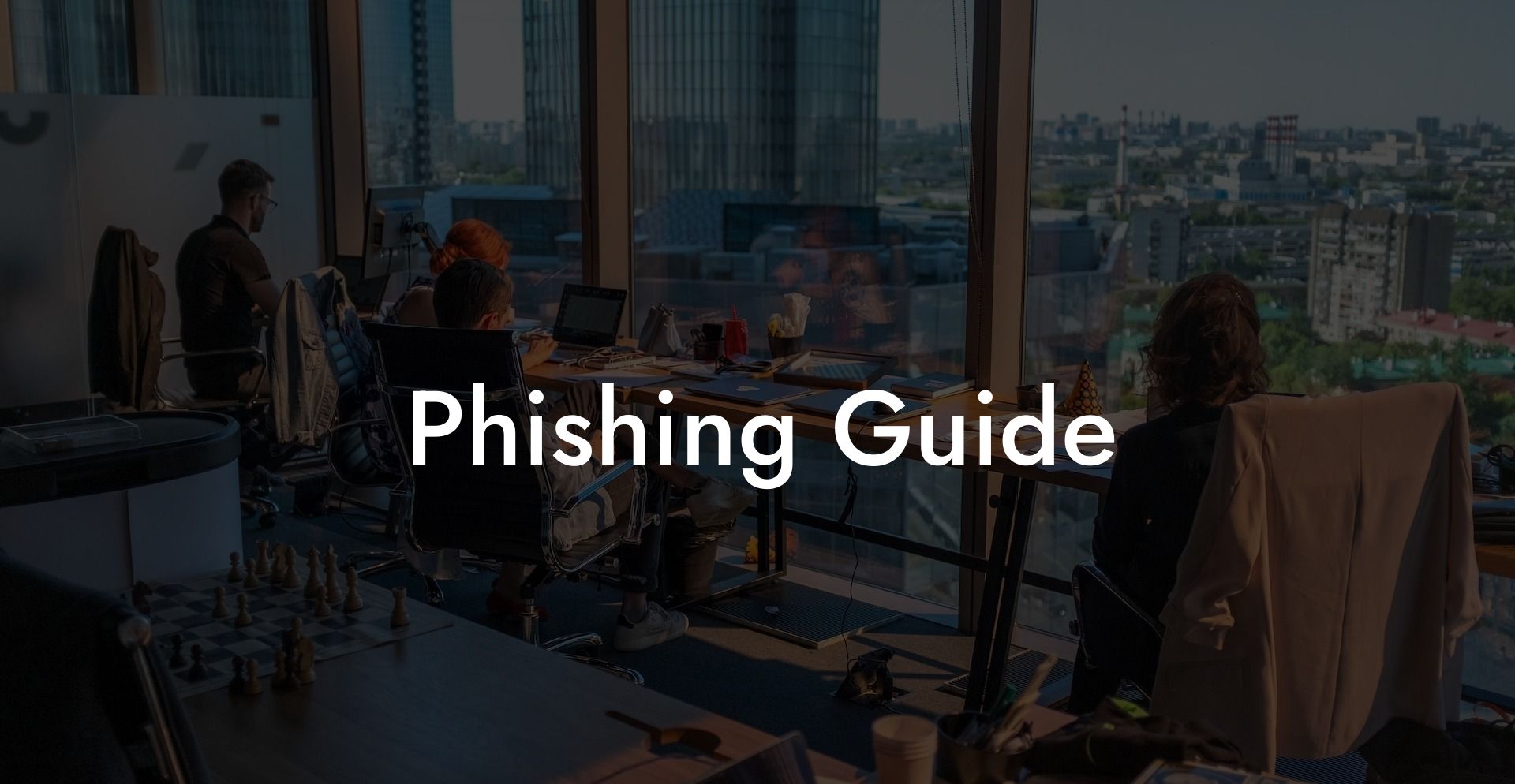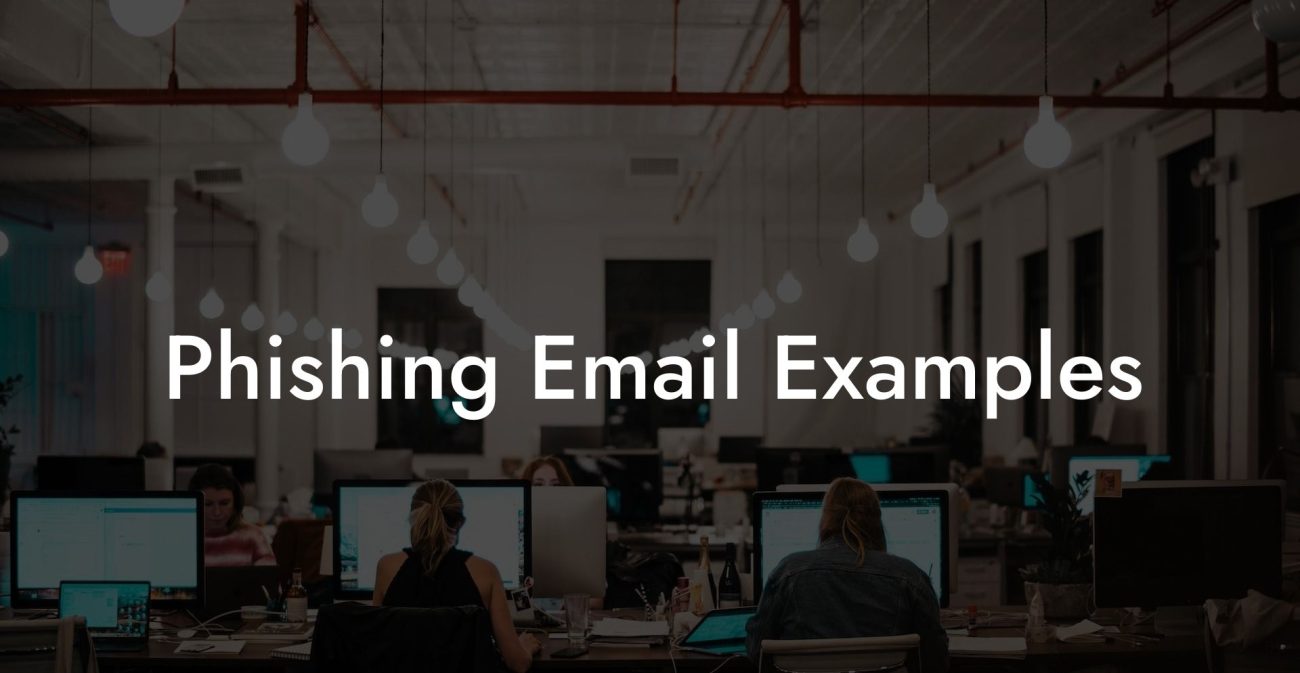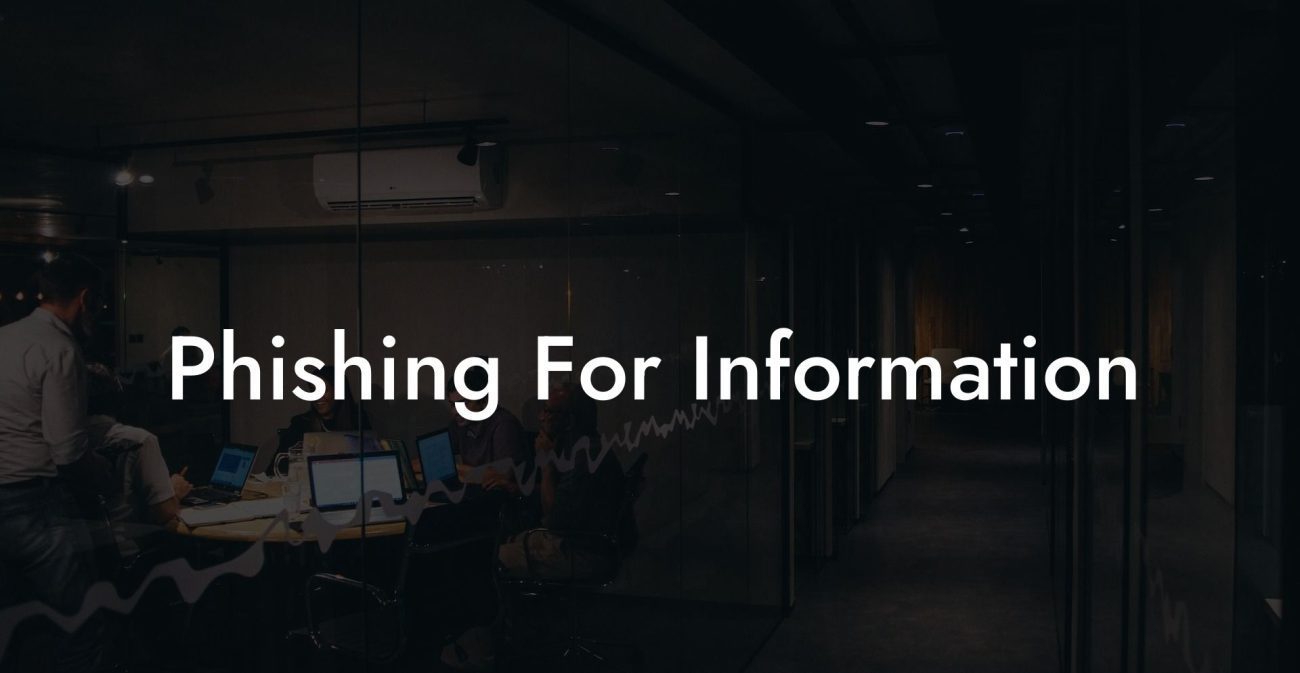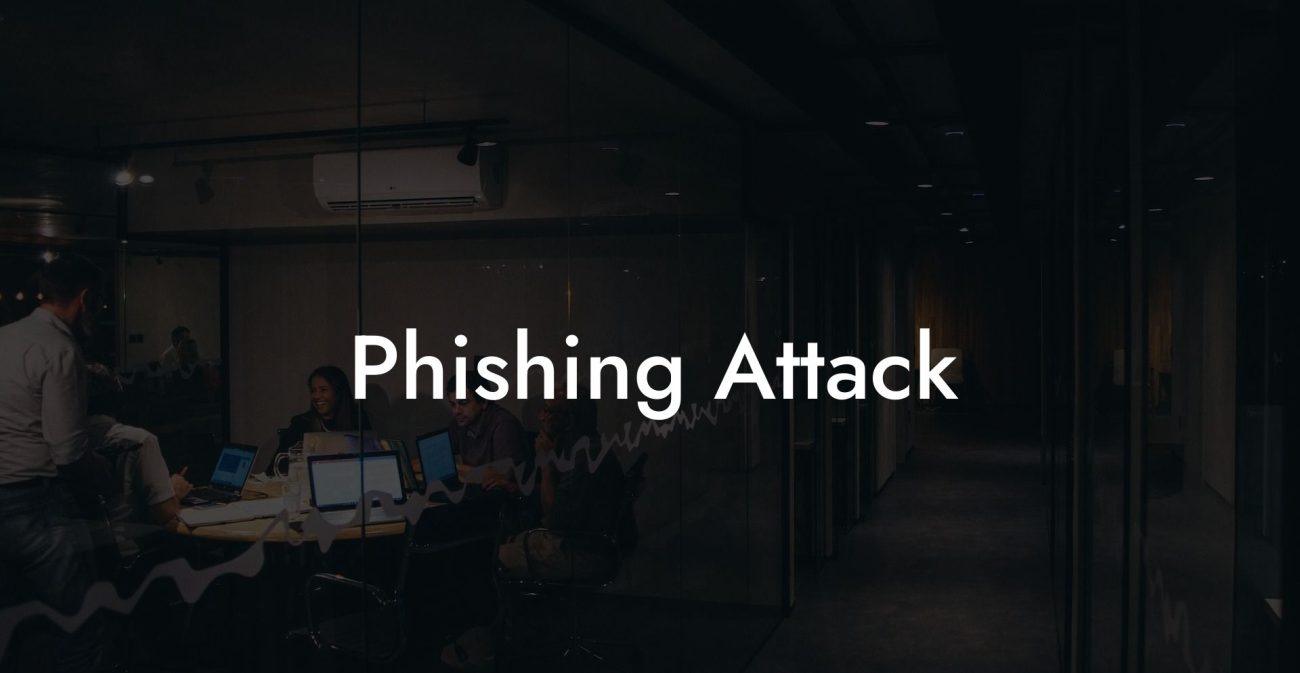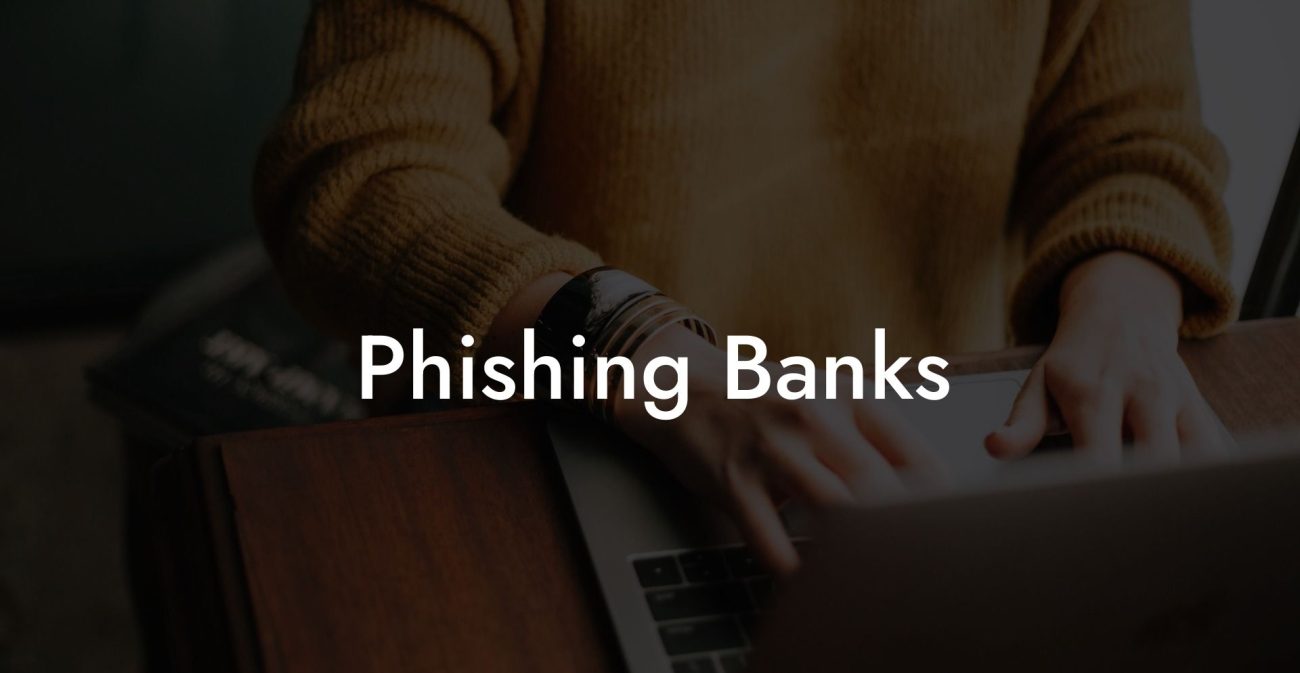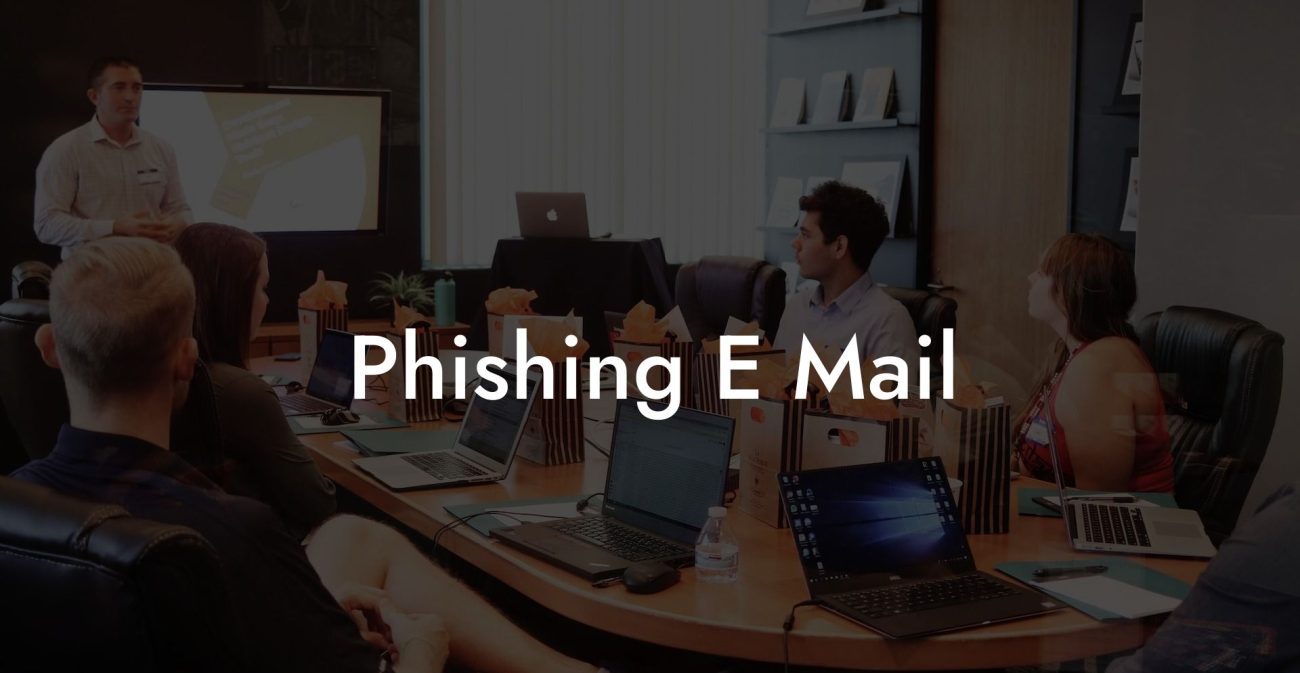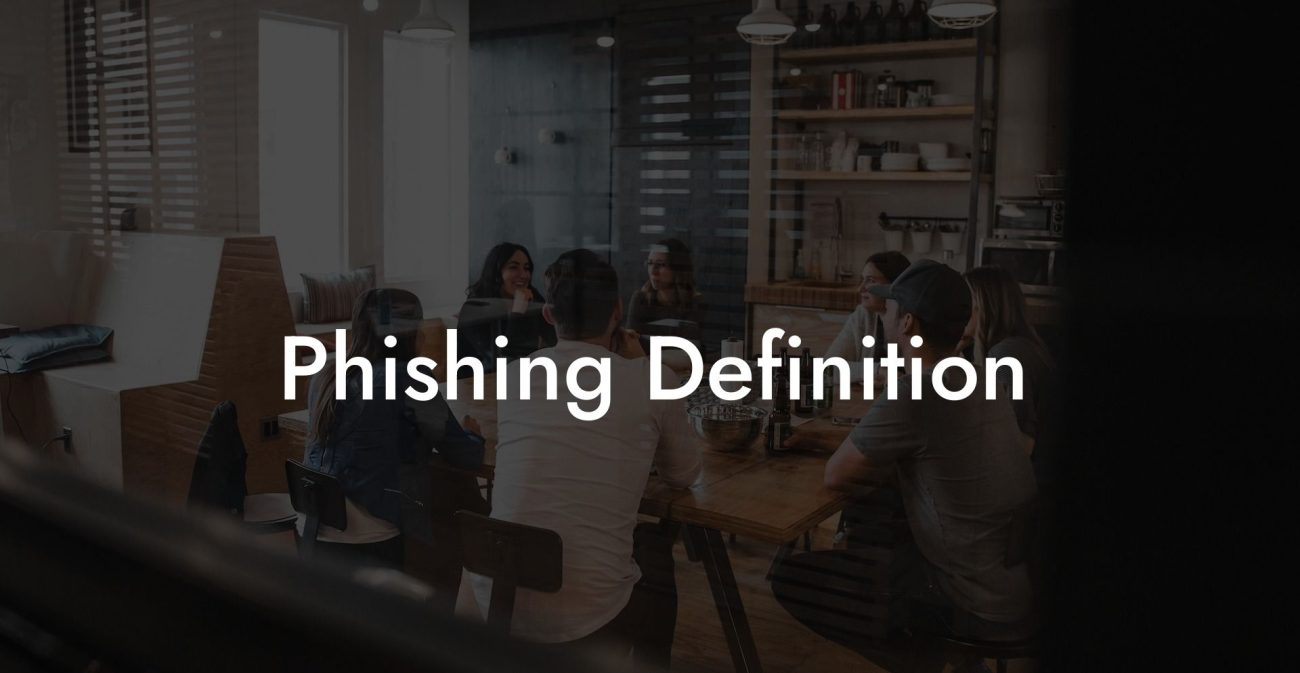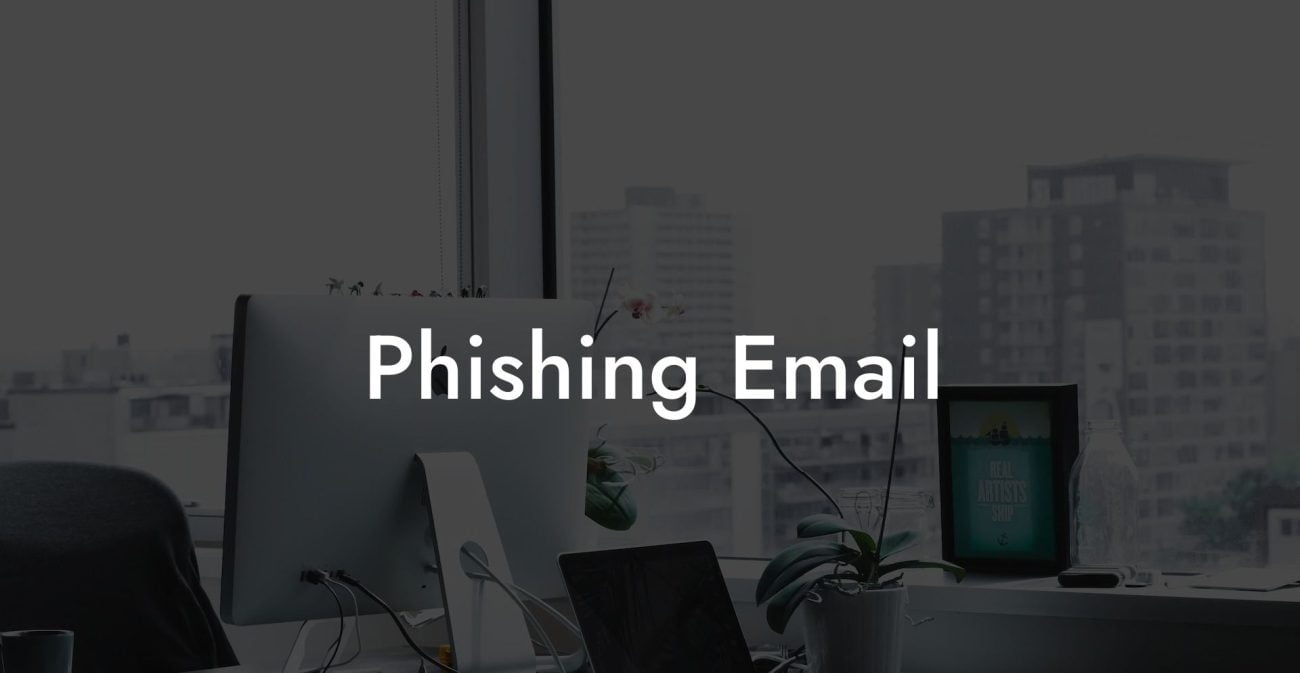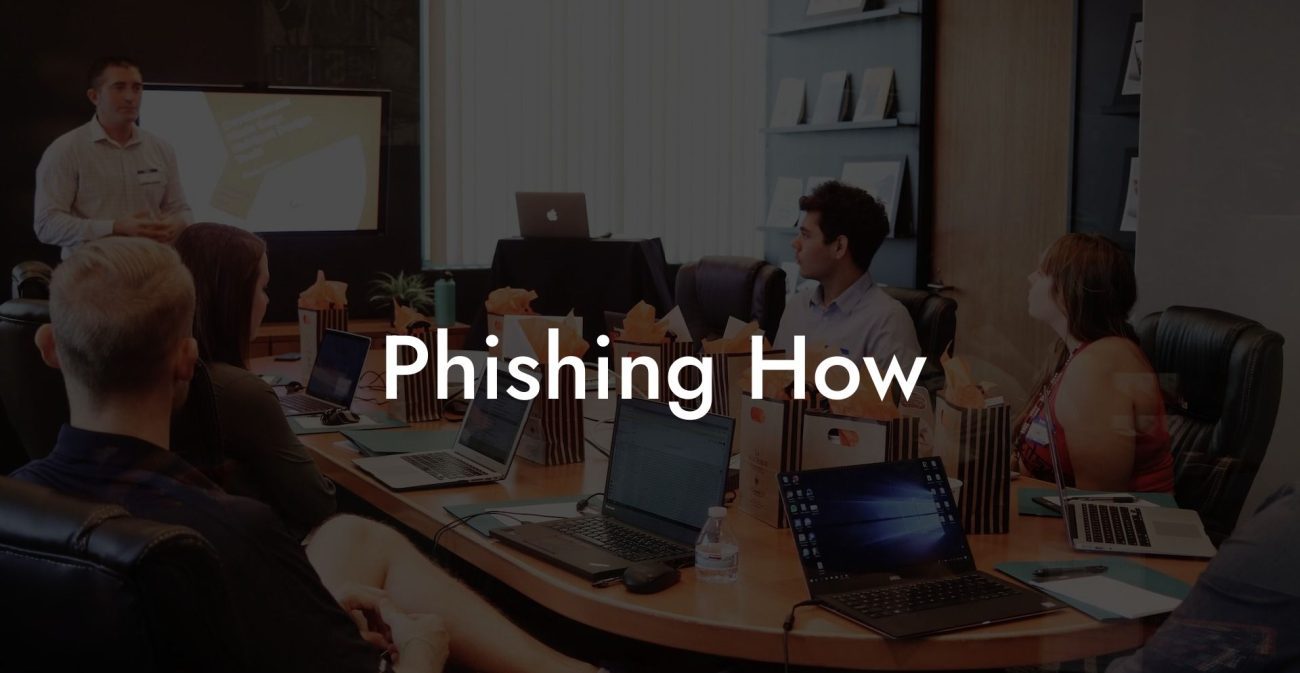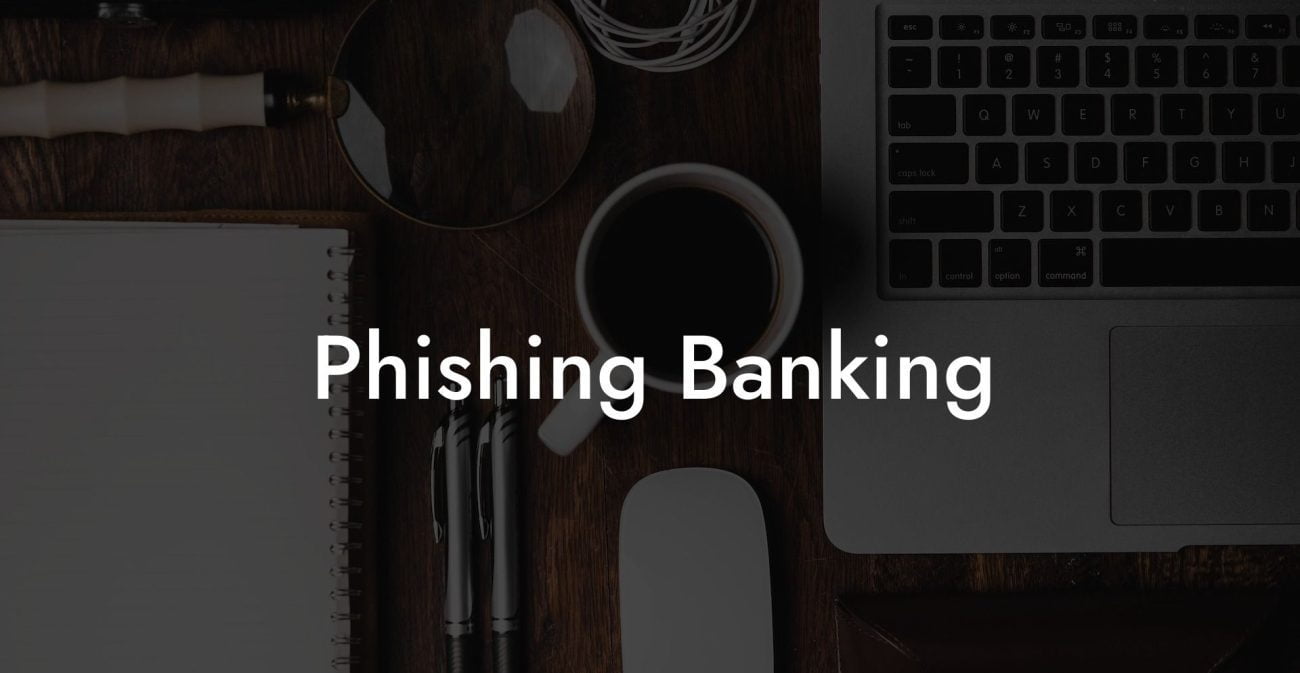Have you ever received a call from an unknown number, claiming to be from a reputable organization and asking for your personal information? If so, you've likely been targeted by a voice phishing scam. Voice phishing, also known as "vishing," is a form of social engineering that criminals use to manipulate people into providing sensitive information over the phone. In this comprehensive Phishing Guide, we'll walk you through everything you need to know about voice phishing, including how to recognize and avoid these scams to keep your personal data safe and secure.
Phishing Guide Table of Contents
Voice phishing is a technique used by scammers to steal personal information, financial details, and other sensitive data over the phone. Criminals often pose as employees from legitimate organizations, such as banks or government agencies, to gain the victim's trust. They manipulate the conversation to pressure or scare the individual into revealing information, which can then be used for identity theft, fraud, or other malicious activities.
Signs of Voice Phishing
Protect Your Data Today With a Secure Password Manager. Our Top Password Managers:
To protect yourself from voice phishing attacks, it's essential to know the warning signs. Here are some indicators that the call you're on may be a scam:
1. Caller ID Spoofing
Scammers can use technology to disguise their phone numbers and make it appear as though the call is coming from a reputable organization. Don't trust caller ID alone; it can be easily manipulated.
2. Urgent Requests
Voice phishing scams often involve a sense of urgency, with the scammer insisting that you must provide the requested information immediately to avoid negative consequences, such as account closures or legal penalties.
3. Request for Sensitive Information
Legitimate organizations rarely, if ever, ask for sensitive information over the phone, especially without proper verification.
4. Pressure to Act Quickly
Scammers may try to pressure you into making a quick decision or diverting from your typical verification process.
Phishing Guide Example
Imagine that you receive a phone call from someone claiming to be from your bank. They explain that there's been suspicious activity on your account and that they need to verify some details to protect you from fraud. The caller urgently asks for your account number, PIN, or password. While the situation might seem alarming, this is a classic example of a voice phishing scam. Remember, a legitimate organization will never ask for your sensitive information over the phone without verifying your identity first.
How to Avoid Voice Phishing Scams
To keep your personal data safe from voice phishing, follow these best practices:
1. Be skeptical of unexpected calls
If the call is legitimate, the organization will have no problem with you hanging up and calling them back using a verified phone number from their website or another trusted source.
2. Never provide sensitive information over the phone
Unless you initiate the call, always be cautious when sharing personal information.
3. Verify the caller's identity
If you're unsure about the legitimacy of the call, ask the caller for their name and employee ID, and then contact the organization directly to confirm the information.
4. Educate yourself
Stay up-to-date on the latest phishing tactics and cybersecurity best practices to protect yourself and your information.
Now that you're armed with the knowledge you need to identify and protect yourself from voice phishing scams, be sure to share this phishing guide with friends and family to help them stay safe as well. Remember, awareness is the first line of defense against these malicious attacks. As you continue to educate yourself about cybersecurity, check out other in-depth guides available on VoicePhishing.com for more valuable tips and strategies to keep your personal information secure.
Protect Your Data Today With a Secure Password Manager. Our Top Password Managers:

